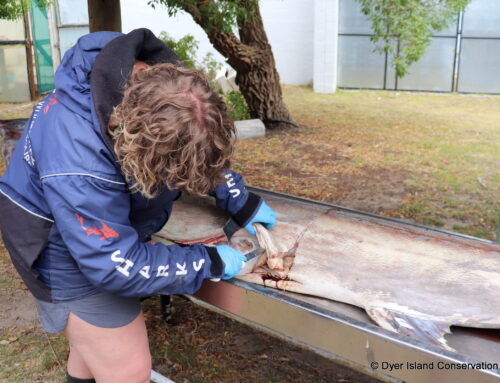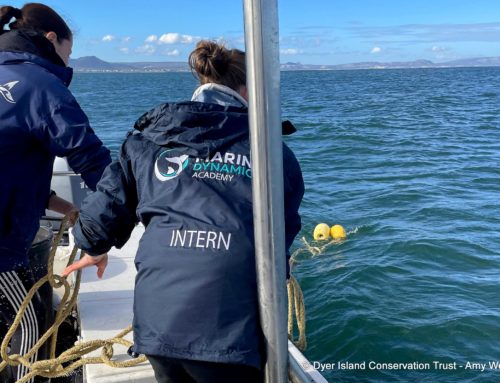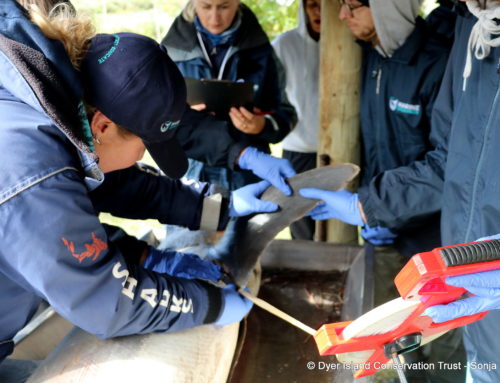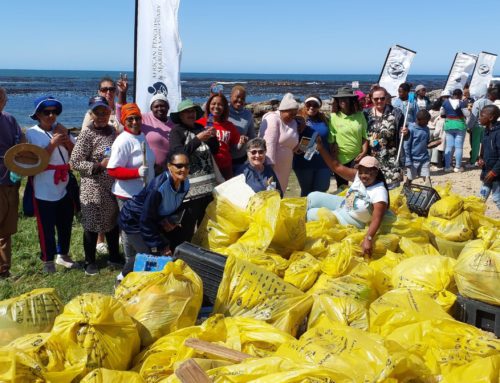The Global Leadership Adventures students were tasked with press releases and infographics related to the conservation efforts of Marine Dynamics and Dyer Island Conservation Trust for the benefit of the African penguin. In this blog the students talk about the need for the perfect penguin home. You can read the Trust’s official information on the penguin homes at the following link: https://dict.org.za/blog/penthouses-for-penguins/
**Please note that the write ups have been edited and shortened for blog publishing purposes. Sources were referenced by students when submitting their projects.
Project 1 by Aubrey, Michelle and Ross
Title: Homes for the African Penguin on Dyer Island
Dyer Island is a protected seabird island off the coast of Gansbaai. Gansbaai is a small region in the Western Cape of South Africa famous for white sharks and the much known Shark Alley where they predate on the many Cape fur seals found there. Dyer Island is a nature reserve that is home to the famous African Penguin and other species of important seabirds.
Sadly, the African penguin has declined dramatically in numbers with only an estimated 13 300 breeding pairs left in South Africa. Historically, humans ate their eggs as a delicacy removing a recorded 13 million penguin eggs.
But we will let some of our penguins tell you their story and what some helpful humans are doing to turn around their possible extinction in the wild.
Hi there, I am Sandy. I am an African penguin who had a plastic 6 pack ring around my neck. I was found by one of the rangers on Dyer Island who took me to the African Penguin and Seabird Sanctuary. They rescue birds like me who need plastic removed or medical attention and we live there until we are fully rehabilitated. After they took the plastic off my neck, I spent the next couple of months at the rehabilitation center. I was fed well and quite enjoyed relaxing there with nothing to worry about. Directly after that I moved into one of their penguin penthouses where I found my mate Tuxy. Tuxy and I would have made a home out of guano but sadly humans removed this many years ago. Guano is a word from the Incan language relating to feathers, eggshells, decayed corpses and bird excrement. We could burrow into it and be safe from predators and the elements. Apparently, our guano was really good for agricultural; fertilizer – in fact, it was fought over and called white gold – imagine that. Now there are so few of us left that we can never recreate the amount of guano we need to be able to make a home.
Thankfully, the Dyer Island Conservation Trust and the team at Marine Dynamics, along with some other very kind people that care about us, have made these really cool penthouses. Tuxy and I are now living in one of these penguin penthouses and we love it! These artificial homes are perfect for our kind. We love these homes because they are temperature controlled, provide shade, and are a safe hiding spot. These homes are great for our young because it keeps them safe and out of harm from predators. Our new chicks Hope and Blue are getting big now and we are looking forward to having some space for ourselves again.
You can help ensure more of our penguin friends get a penthouse. Sponsor a home at just $30 Donate here. – Aubrey
Project 2 by Reuben, Maddy, Zach, Evan
Title: The Nest Project
The African Penguins need our help. The African Penguin is a species native to South Africa. According to the California Academy of Sciences, the African Penguin population has decreased by 70% between 2001 and 2013. In addition, there was “a loss of more than 80 percent of the pairs in just over 50 years, equivalent to around 90 birds a week, every week since 1956”, Birdlife South Africa says. With only 13 300 breeding pairs left in South Africa today, the African Penguin population continues to decline at a rapid rate because of commercial fishing and shifts in prey populations. Birdlife South Africa explains that there is “no sign of reversing and immediate conservation action is required to prevent further declines.” We must fight for the survival of these birds and attempt to prevent their extinction at all costs.
The Dyer Island Conservation Trust began the Nest Project in 2006 to address the lack of natural breeding habitat and improve fledgling success. In the past, the penguins burrowed into thick layers of guano, a mixture of eggshells, feathers, decayed corpses, and bird excrement, which protected them from predators and the elements. Sadly, this substrate was removed and used for agricultural fertilizer. This meant that the penguins had to nest in the open surface making it easier for the eggs and chicks to be eaten by predators. The artificial nests provided by the Dyer Island Conservation Trust protect the penguins from predators and are designed to circulate air and minimize heat so that it gives the penguins a perfect environment to protect their eggs, their young, and themselves. These nests are placed at all the breeding colonies in partnership with the managing authorities. You can sponsor a penguin home through the Dyer Island Conservation Trust and be part of turning around the possible extinction of this endangered species.
Donate here.
PARTNERSHIP WITH GLOBAL LEADERSHIP ADVENTURES
Students from various states in America signed up for the online course offered by Global Leadership Adventures. With Covid-19 preventing the Marine Dynamics Academy from learning and working with students onsite, this was the first time the team of marine biologists took the work online and overall, the course was ranked very highly. Global Leadership Adventures conducts leadership programs with a purpose, exclusively for teens and young adults. Our team wholeheartedly supports their mission which is to ‘Inspire the Next Generation to Realize their Potential to Transform the World and their Role In It’ and were very impressed with the students who were all clearly committed to making a difference for conservation and community. The students aged between 13 to 19 were tasked to work in teams on projects and for this round they were allocated a press release and infographic assignment that related to African penguin conservation. These projects are designed to see how the students interpret the information and teach them new skills. https://www.experiencegla.com/
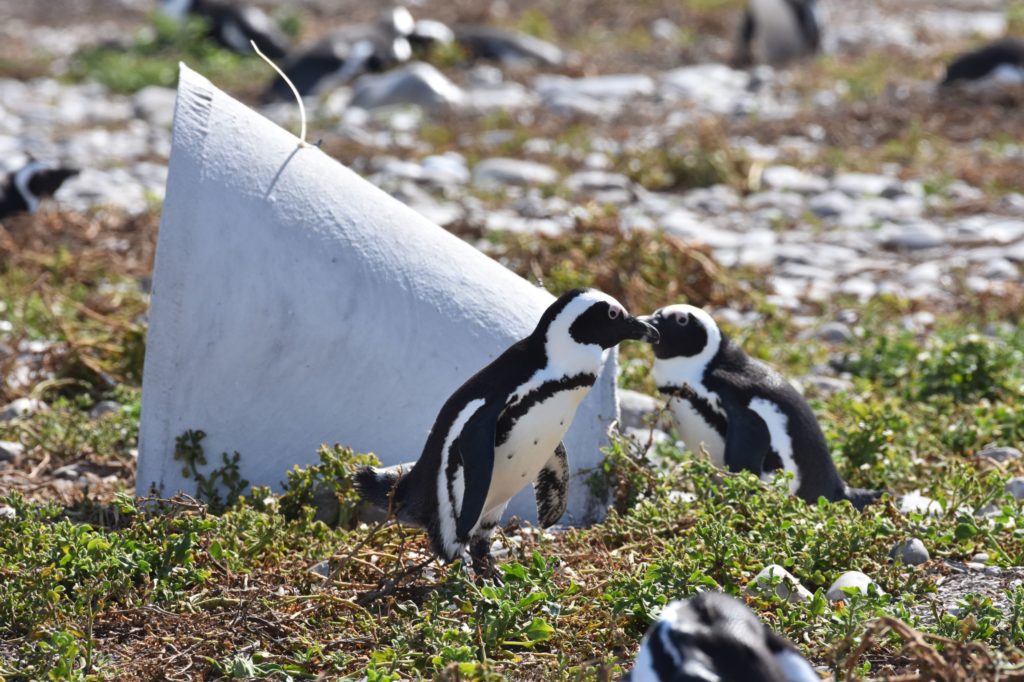
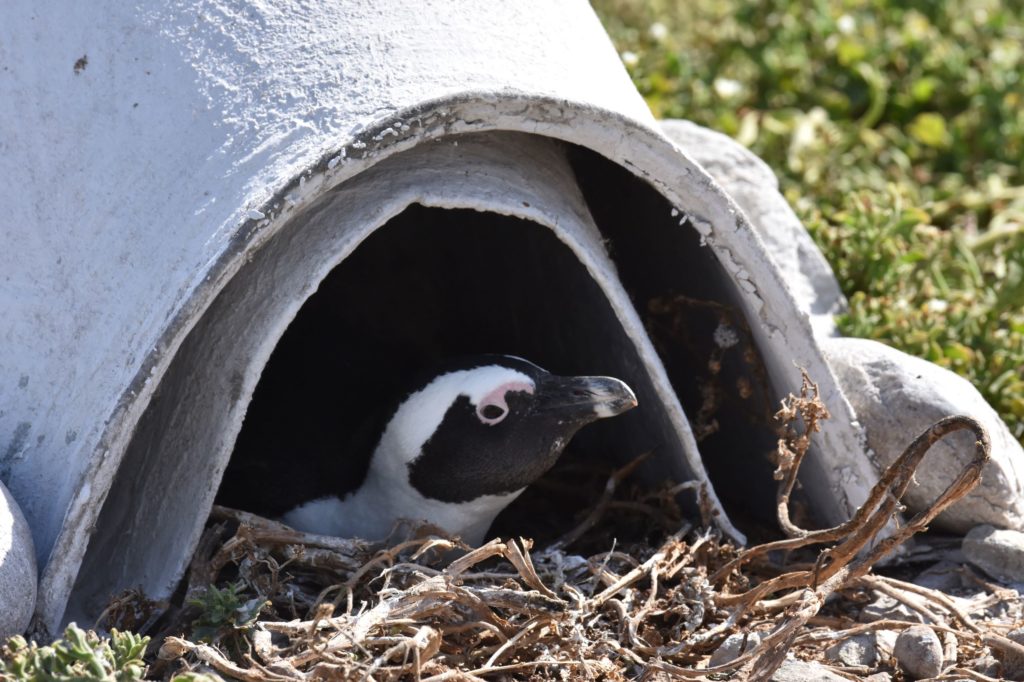
Design by Michelle
Designed by Ross
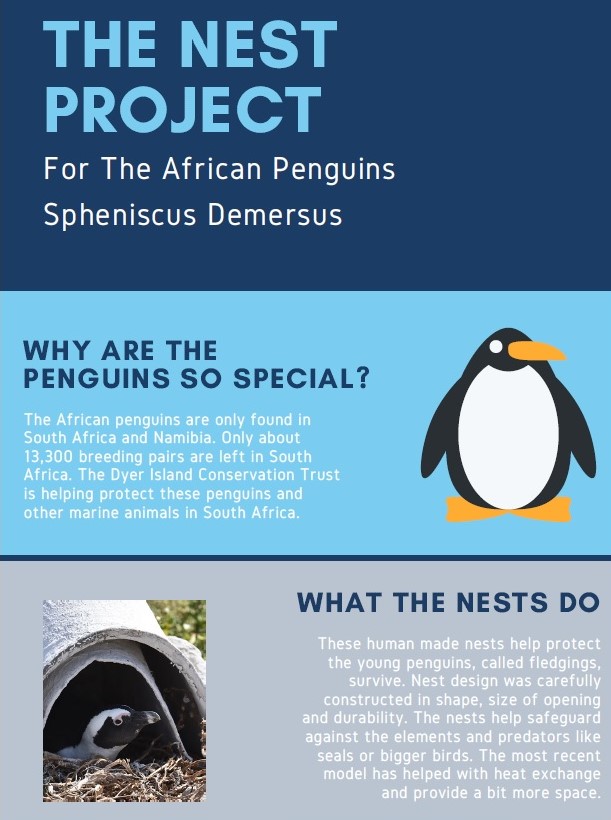
Project by Reuben, Maddy, Zach, Evan
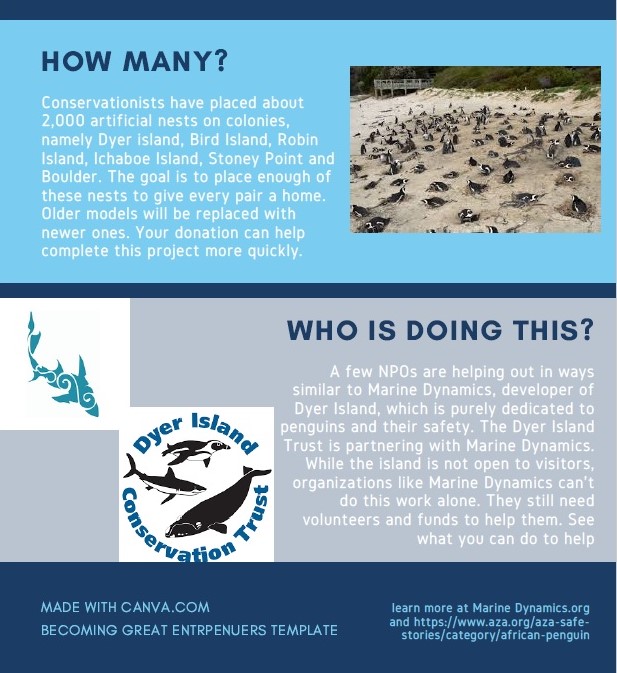
Project by Reuben, Maddy, Zach, Evan



